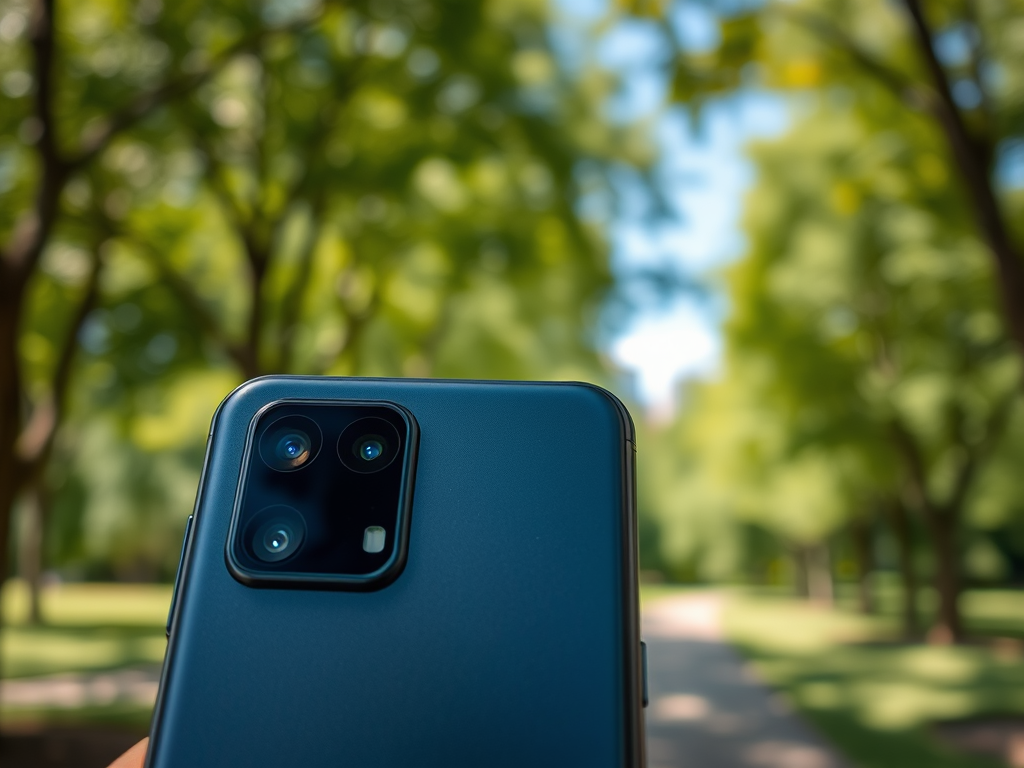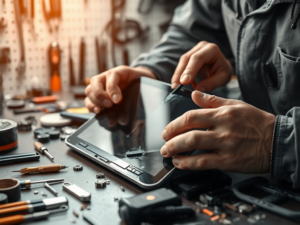In the fast-paced world of technology, smartphones have become an essential part of our daily lives. Keeping up with the latest advancements can feel like a race against time. However, knowing when to upgrade your phone is crucial not only for personal satisfaction but also for practical reasons such as performance and functionality. Whether it’s the allure of a new camera with enhanced features or the necessity for a faster operating system, the decision can be complex. This article aims to shed light on the key factors that contribute to making the choice of upgrading your device. By the end of this article, you will have gained valuable insights into when it’s truly worth it to make that leap forward.
Signs That Indicate It’s Time for an Upgrade

As technology progresses, it becomes essential to pay attention to the signs that suggest your current phone may no longer be meeting your needs. There are several distinguishing factors you should consider when evaluating your device. Sometimes, it can be hard to separate the emotional attachments from the practical requirements of technology. To take the guesswork out of the equation, look for performance issues, compatibility concerns, and the physical state of your phone. These factors serve as reliable indicators of when it’s time to pursue a new device. Recognizing these signals early can save you from more significant inconveniences down the road.
Performance Issues
- Slow processing speeds
- Frequent crashes or freezes
- Inefficient battery life
If you’re experiencing these issues regularly, it may hinder your day-to-day activities. Nobody wants their phone to lag during an important call or when trying to capture that perfect sunset photo for social media. Keeping an eye on how these performance problems affect your workflow can be a clear indication of the need for an upgrade.
Compatibility Concerns
- Inability to run the latest operating systems
- Lack of support for essential apps
Modern applications frequently receive updates that enhance functionality, and many of these enhancements require newer operating systems. If your current device cannot support these updates, you not only miss out on new features but also potentially expose your phone to security vulnerabilities. Thus, being unable to keep your software and applications up to date is a significant red flag.
Physical Condition of Your Phone
- Visible damage or wear
- Screen issues or hardware malfunctions
If your device has visible damage, such as cracks or scratches, it may compromise both the aesthetic and functional aspects of your phone. Hardware malfunctions can severely limit usability and lead to more costly repairs in the long run. It’s wise to assess whether investing in a new device would be more prudent compared to repairing an aging one.
Evaluating Your Needs vs. New Features

Before rushing into a purchase, it’s essential to evaluate your specific needs against the new features offered by the latest smartphone models. Are you a casual user who only uses basic functions, or a heavy user dependent on advanced capabilities? Understanding how you interact with your phone daily can guide your decision. Asking yourself questions like what features really matter to you and which aspects of a new phone could enhance your life is crucial. This self-assessment helps prioritize what is necessary versus what is merely desirable. Only after understanding your requirements should you delve into the offerings of new models.
Let’s explore innovations in some of the features commonly found in newer devices:
| Feature | Older Models | Newer Models |
|---|---|---|
| Camera Quality | Good but limited | Exceptional with multiple lenses |
| Battery Life | Average, with frequent charging | Extended life and fast charging |
| Storage | Limited storage options | Expandable and larger capacities |
As illustrated, the advancements in camera technologies and battery life alone might make a compelling case for an upgrade. Familiarize yourself with the trends and breakthroughs in phone technology so you can better judge whether these enhancements align with your daily needs or desires.
Financial Considerations
Making a phone upgrade usually involves a financial commitment that needs to be carefully evaluated. Think about your budgeting for an upgrade and what options are available to you. Researching different price ranges can give you insight into what you can afford while helping you avoid overspending. Moreover, various trade-in programs may offer financial incentives to lower the initial cost of purchasing a new phone. This way, you can offset some of the investment required for an upgrade. Lastly, conducting a cost versus benefit analysis will allow you to weigh the advantages of a new phone against the value of your existing one and its current performance.
Conclusion
Deciding whether to upgrade your phone requires careful consideration of multiple factors, from performance issues and personal needs to financial implications. Be proactive in evaluating these aspects to reach a decision that balances your desire for the latest technology with your practical requirements. You don’t have to be overwhelmed by the choices; instead, let the signs and your inherent needs guide you in making the right call for your situation.
Frequently Asked Questions
- What are the main indicators that I need to upgrade my phone? Performance issues, compatibility concerns, and physical condition are key indicators.
- Is it worth upgrading for new features alone? It depends on how much you would utilize those features in your daily life.
- How can I determine the right budget for upgrading my phone? Start by assessing your current phone’s value and compare it against new models and available trade-in options.
- Should I wait for the next model to come out or upgrade now? Consider your current phone’s functionality and whether you can wait for specific features or improvements.
- What should I do with my old phone? You can sell it, trade it in, repurpose it, or donate it.










